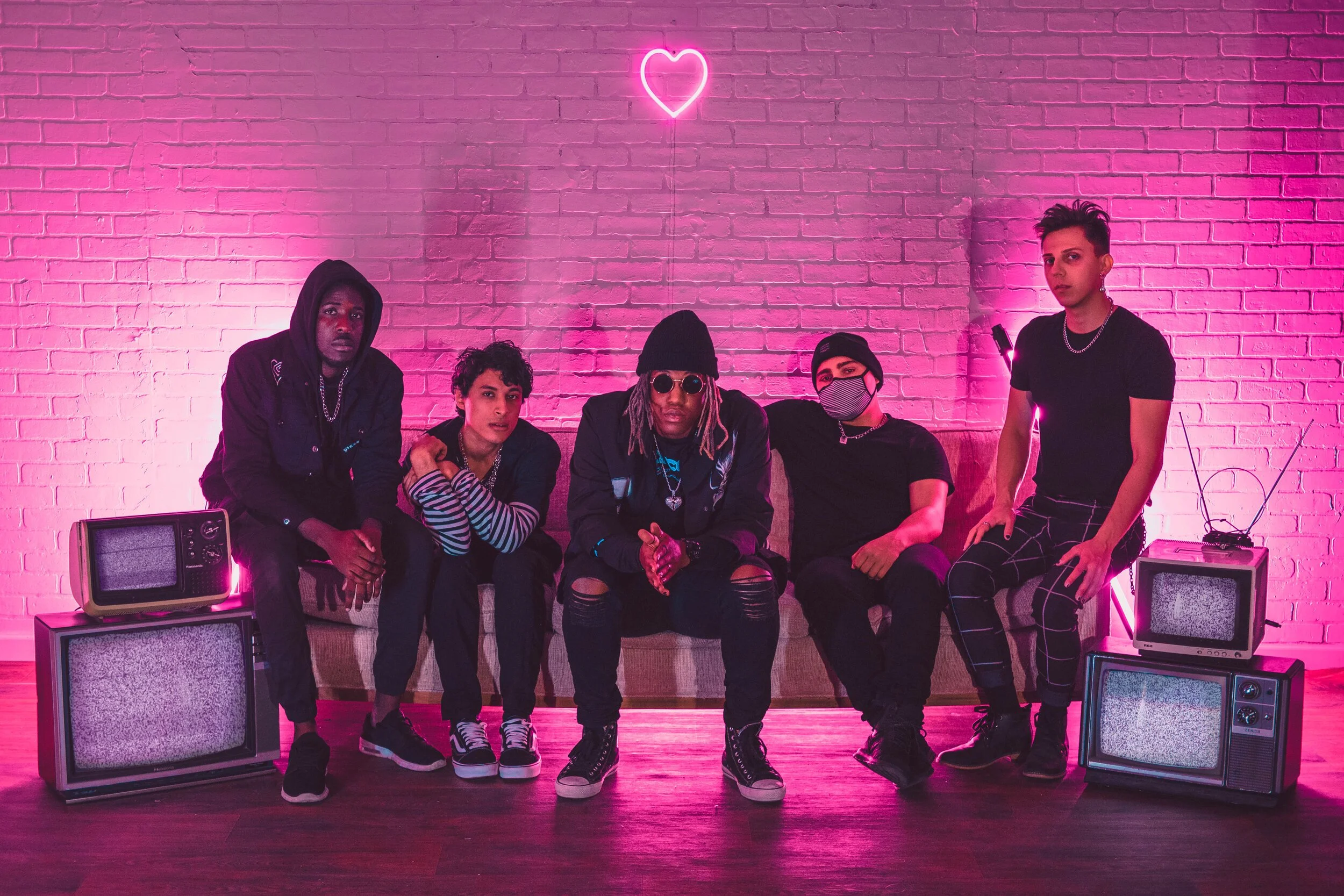65 Female Rappers You (And Jermaine Dupri) Need In Your Life Right Now
Photo Courtesy of Little Simz
Despite the enduring presence of a whisper and occasional surge of support, hip-hop culture still has some major work to do when it comes to female inclusion and making representation a priority in the industry, a task that involves conscious efforts from record label executives, promoters, tour and festival bookers, media publications, and public spaces.
There are those, who when prompted, can’t name a single female rapper off the top of their head, while others only seem to notice stripper rap found in mainstream platforms and go on to denounce these artists all in the same breath. The effect of favoring male artists for decades is significant. This multi-angle institutional bias produces personal prejudices among the greater community around female rappers not existing. It quietly erases their identity, their stories, and their professions.
Recently we sat down and identified 65 female rappers, blazing their own paths, and our favorite tracks they’ve released up until now. These ladies have all come out with new material over the last couple of years and are calculated in their delivery, with styles ranging from grime and hard-hitting trap to cloud rap and spoken word. The list is not all-inclusive in either artist or song choice— in fact, we considered more than 100 artists for the lineup. Yet, it gives an overall snapshot of the leading talent among underrepresented rappers in the business.
Slam poet and rapper Noname hails from Chicago and is most known for the poetic nature of her impeccable lyricism. Stepping into the scene with her debut album Telefone in 2016, she approaches the art with a steady stream of consciousness during carefully-constructed scats, speaking to topics of fear and justice. Her word flow is smooth and her voice is rich as she recounts stories from her life over unhurried rhythms. In 2017, Noname appeared on NPR’s Tiny Desk series with her band, which has garnered more than three million plays. It’s delightful and brilliant all in one.
English rapper Little Simz— whose real name is Simbiatu “Simbi” Ajikawo— and 33-year-old songwriter Janelle Monáe are both lyrically cunning and technical to the highest degree. Coming in at 531 words in “Picture Perfect,” an infectious three-minute track, Little Simz showcases her skills as a frenetic yet controlled vocalist. She flexes her refined technique further in the haunting “Venom” from her critically acclaimed 2019 album Grey Area, a record centered on self-growth which was nominated for the UK’s Mercury Prize earlier this year.
Outside of singing and rapping, Monáe is a successful actress with acting roles in Oscar-winning Moonlight and Oscar-nominated Hidden Figures. Both films depict compelling black American stories, a theme which carries through to her numerous artistic endeavors. In 2018’s “Django Jane,” she spits bars flawlessly while delivering a protest anthem against threats to the rights of women. She raps over a pounding beat, “Black girl magic, y'all can't stand it. They been trying hard just to make us all vanish” and later demands cheekily, “Let the vagina have a monologue.”
Monáe has been nominated for eight Grammy awards and compared to other distinguished artists like Lauryn Hill, Annie Lennox, and Corinne Bailey Rae.
I saw it, roaring— I felt it clawing at my clothes, like a grieving friend. It said there are no new beginnings. Until everybody sees that the old ways need to end.
But it’s hard to accept that we’re all one and the same flesh. Given the rampant divisions between oppressor, complicit, and oppressed. But we are, though. — Kate Tempest, “People’s Faces”
So So Def founder Jermaine Dupri came under heat earlier this year for having zero knowledge when it comes to the work of female rappers. “I feel like they’re all rapping about the same thing,” Dupri explains to People. “I don’t think they’re showing us who’s the best rapper. For me, it’s, like, strippers rapping. Okay you have a story about you dancing in the club, and you have a story about you dancing in the club. At some point, somebody is going to have to break out of that mold and talk about other things.”
Whoa.
Female rappers Doja Cat and Cardi B. took to social media as a response to the statements. Cardi names off Chika, Rapsody, Tierra Whack, and Kamaiyah— all skilled rappers— with ease, while Doja Cat laughs wildly and pinpoints the issue at the very end of her video, “You have to listen to music to know it exists.”
What is more and more evident is that the issue is not a lack of females making music in the industry, it’s about the absence of support systemically that prevents a considerable portion of rap artists from being heard. If you don’t regularly listen to a single female rapper up until now... You’re welcome.










